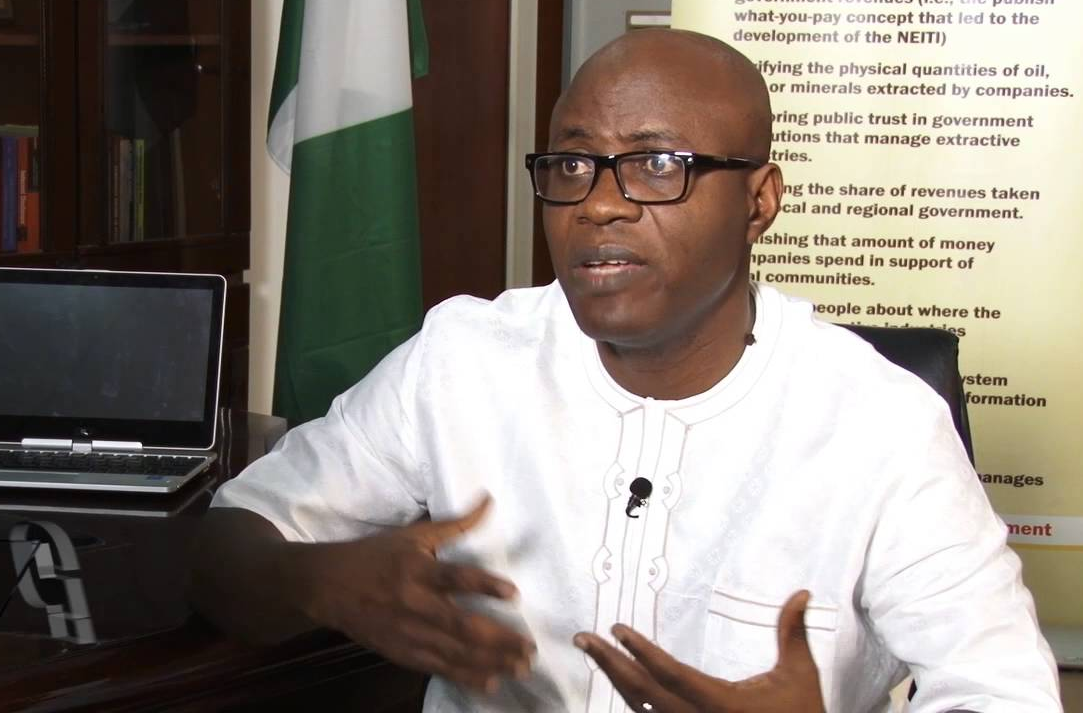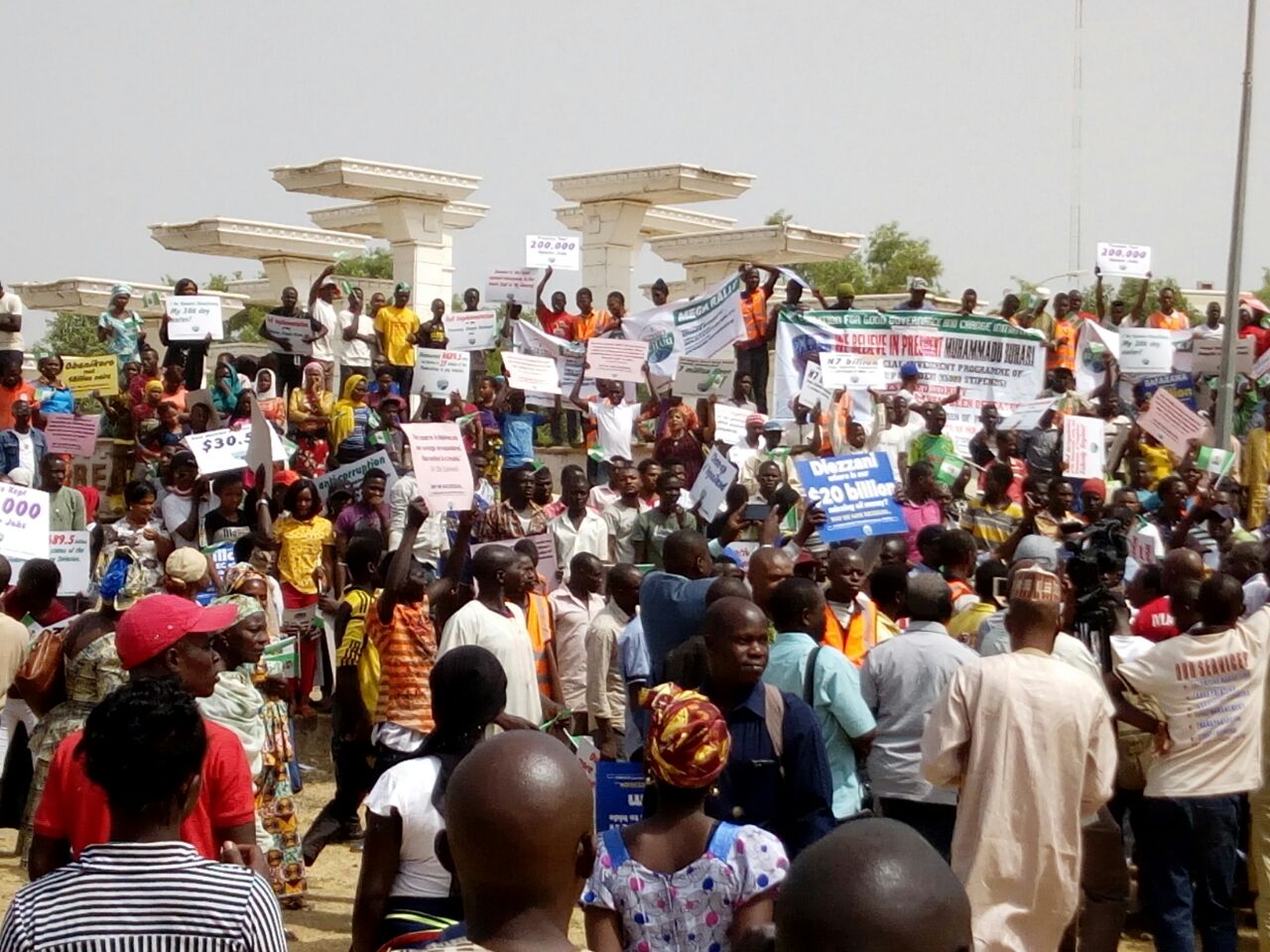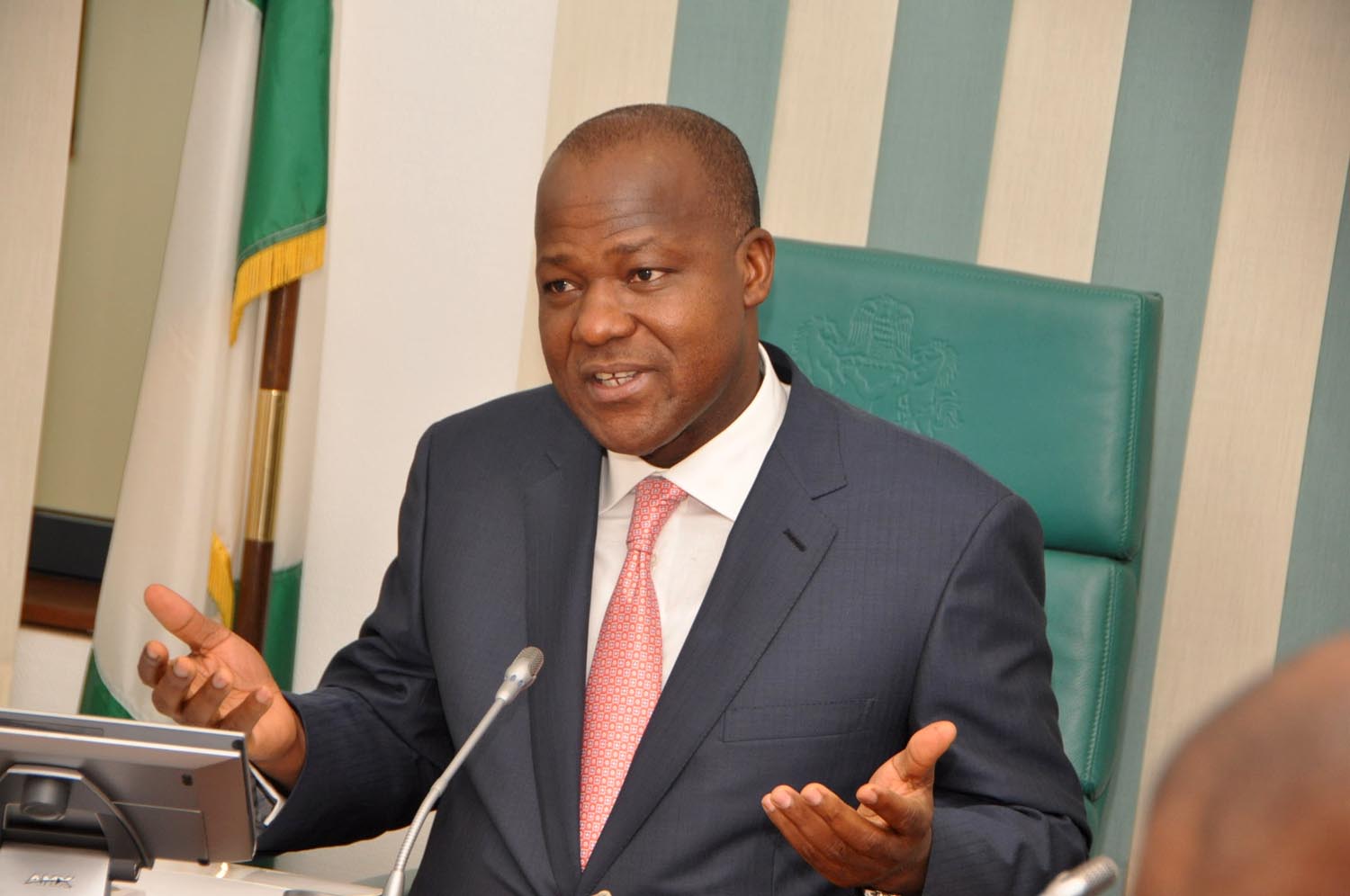Waziri Adio, executive secretary of the Nigeria Extractive Industries Transparency Initiative (NEITI), says knowing the real owners of companies is critical to checking corruption.
He identified Nigeria’s membership of Open Government Partnership as a timely platform to push for disclosure of beneficial owners of companies in the oil, gas and mining industries in the country.
According to a statement issued by Orji Ogbonnaya, the agency’s spokesman, Adio said this while addressing a consultative forum on open government partnership (OGP) in Abuja.
“Knowing how much companies paid in the form of taxes, royalty, rents, etc. and how much government received is important, but not enough,” he said.
Advertisement
“Knowing those who are the real owners of the companies is critical to checking corruption, money laundering, drug and terrorism financing, tax avoidance and evasion.”
He called on the federal government to enact a special legislation that would compel companies in the extractive sector to make public the names and identities of their real owners.
Adio also called on the president to issue an executive order on compulsory beneficial ownership disclosure by extractive industries companies in Nigeria.
Advertisement
He explained that such legislation could be embedded or be part of the Petroleum Industry and Governance Bill (PIGB) and should also constitute amendments to the Companies and Allied Matters Act (CAMA).
Adio announced that nine countries, including Nigeria, have published EITI reports that disclosed the beneficial owners of one or more companies.
He also told participants that forty – three EITI implementing countries have published roadmaps on beneficial ownership out of which twenty, including Nigeria, plan to establish public registers of beneficial owners by 2020.
The executive secretary said NEITI has published a road map on beneficial ownership disclosure which provided clear definition of who beneficial owners are, the level of details to be disclosed and institutional framework that are required for effective implementation of beneficial ownership disclosure.
Advertisement
The document also defined politically exposed persons (PEPs) and their reporting obligations, challenges around data collection, reliability, accessibility, timeliness and provided clear guides on them.
Adio identified the absence of specific legal framework that imposes mandatory beneficial ownership disclosure as a major challenge to the implementation of ownership transparency in Nigeria.
While acknowledging the existence of laws like the Companies and Allied Matters Act, Freedom of Information Act, Code of Conduct and Tribunal Act and Public Complaints Commission Act as relevant legislations for beneficial ownership, he noted that there are other policies of the Nigerian government that support efforts at ownership disclosures.
Advertisement
Add a comment







